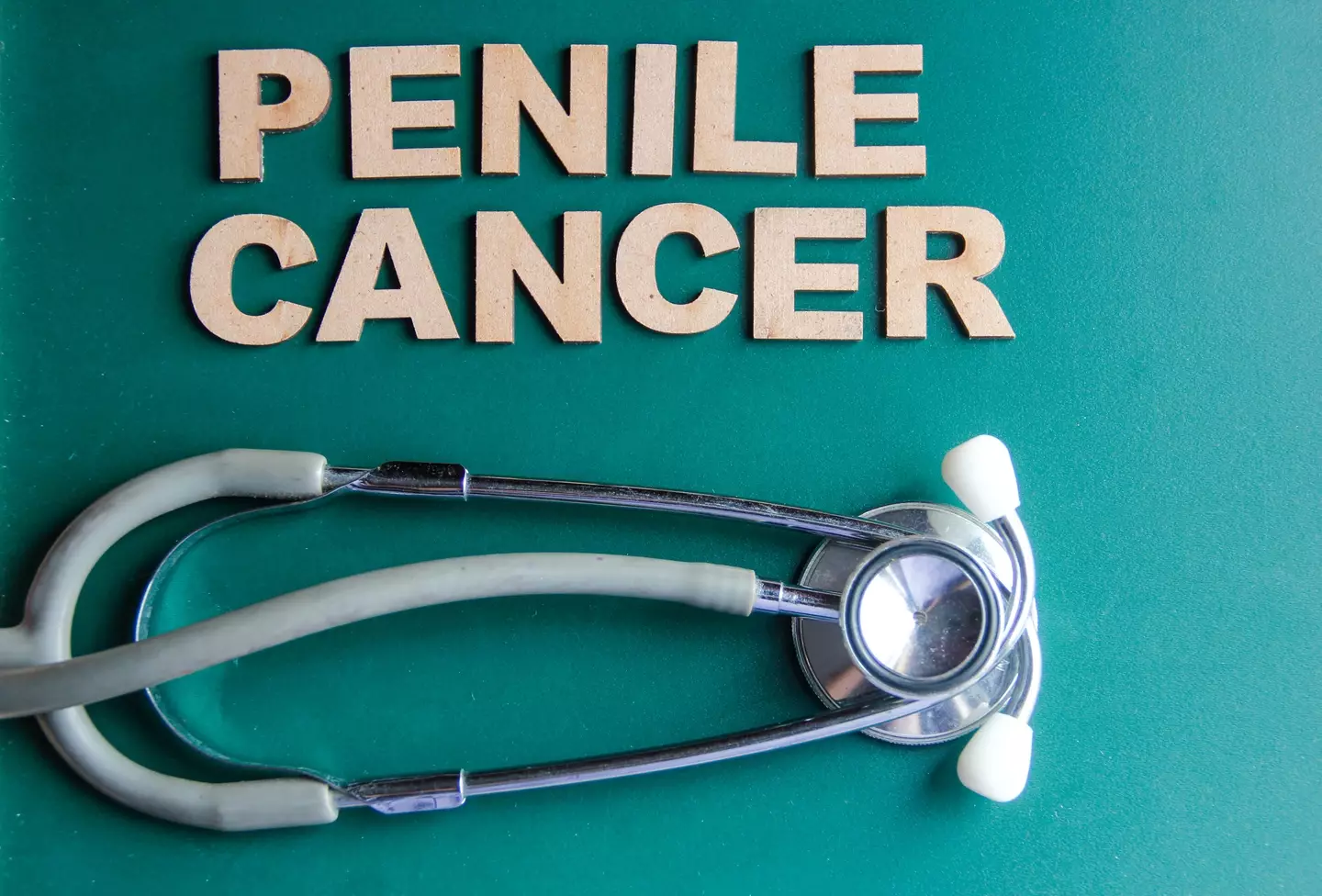
A doctor is warning men to be on the lookout for the signs of penile cancer, which is somewhat less common than testicular cancer but actually kills more Brits each year.
According to Cancer Research UK there are around 2,400 new cases of testicular cancer diagnosed in the UK each year, while for penile cancer the rates are around 760 new cases a year.
However, while around 65 Brits die of testicular cancer each year, the annual deaths for penile cancer are more than double that at around 150.
On top of that, projections suggest the rate of penile cancer could rise so that by around 2040 an average of 1,100 new cases are being diagnosed each year.
Advert
As such, Dr Mark Porter is wanting to warn men of the signs to be aware of where penile cancer is concerned as while it may be one of the rarer kinds of cancer among men living in the UK, it is still a threat.
Writing in The Times, the doctor said men needed to be discussing it more as too many cases were being caught late at a point when not much more could be done.

What is penile cancer?
According to Dr Porter, it's a form of cancer which will affect around one in 400 men in the UK at some point during their lifetime and is normally seen in men of middle age or older.
He said the cancer could develop anywhere on your penis, but the most likely places were under the foreskin or on the head of a gentleman's important implement.
The doctor explained that the earlier the cancer was caught, the easier it was to treat and the more likely the treatment was to be successful.
Dr Porter said that over 90 percent of men were still alive after their diagnosis, but among those who had the most advanced form of penile cancer where it had spread to other parts of the body, he explained none of those men were expected to live beyond five years.
Around half of all cases are caused by something called human papillomavirus (HPV), while it's also more common if you smoke, have a weakened immune system, struggle to pull back your foreskin or have been treated for psoriasis with something called psoralens.
While it's a rare form of cancer, which is most common in men aged over 50, anyone with a penis can get it so it's best to know what to look out for.

The signs of penile cancer
The NHS says that there are a number of common symptoms of penile cancer, which can help you spot the disease early and hopefully get it treated.
They say the main warning signs are:
- A growth, lump or sore that does not heal within four weeks
- A rash
- Bleeding from your penis or under your foreskin
- A smelly discharge
- Difficulty pulling back your foreskin
- A change in the colour of the skin of your penis or foreskin
Other warning signs include an unexplained lump in your groin, pain in your belly, a feeling of tiredness or sudden and unexplained weight loss.
The health service urges men who are experiencing these symptoms to visit a doctor and not to be embarrassed about any potential problem as the staff will have seen it all before.
.jpg)
Treatments for penile cancer
Like many forms of cancer we have treatments for them, and the sooner the cancer is detected the sooner something can be done about it.
Dr Porter explained that in the earliest stages, suspicious growths could be 'burnt off' the penis using lasers or tackled with the topical application of chemotherapy or immunotherapy creams.
However, the longer it is left the more serious the treatment has to become and some drastic options including the amputation of parts of the penis or even the entire thing are on the table.
That really ought to be all the motivation you need to pay heed to the warning signs of penile cancer and discuss them with a health professional sooner rather than later, otherwise you might end up having to lose your entire penis or actually die.